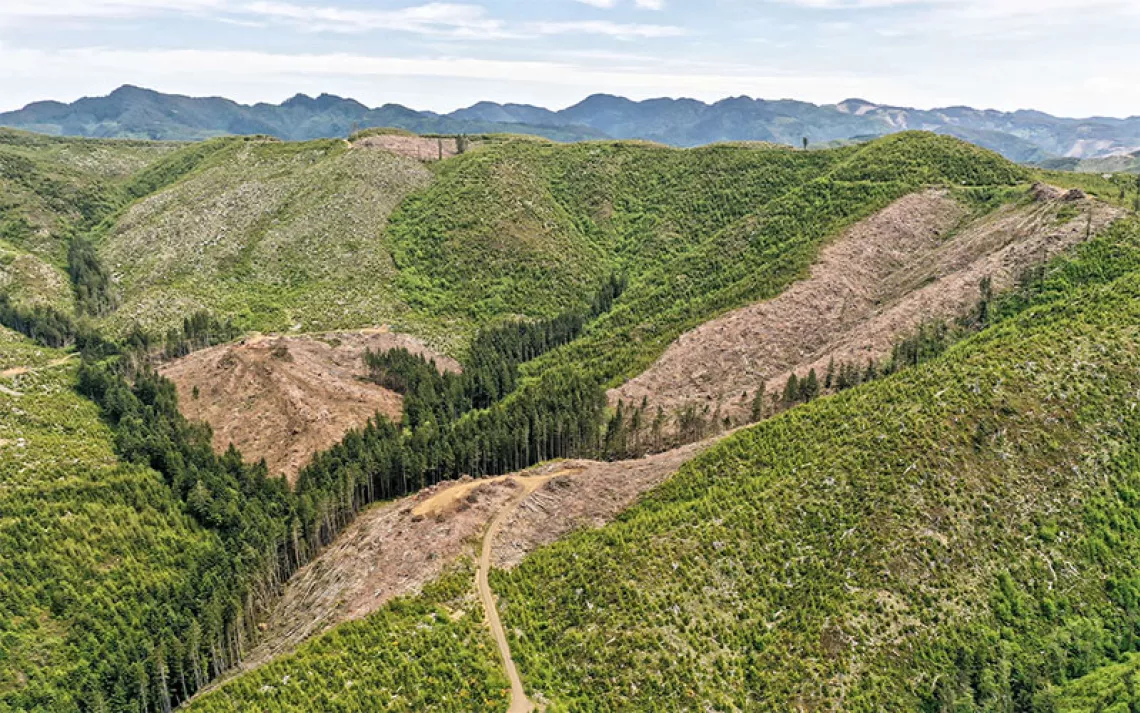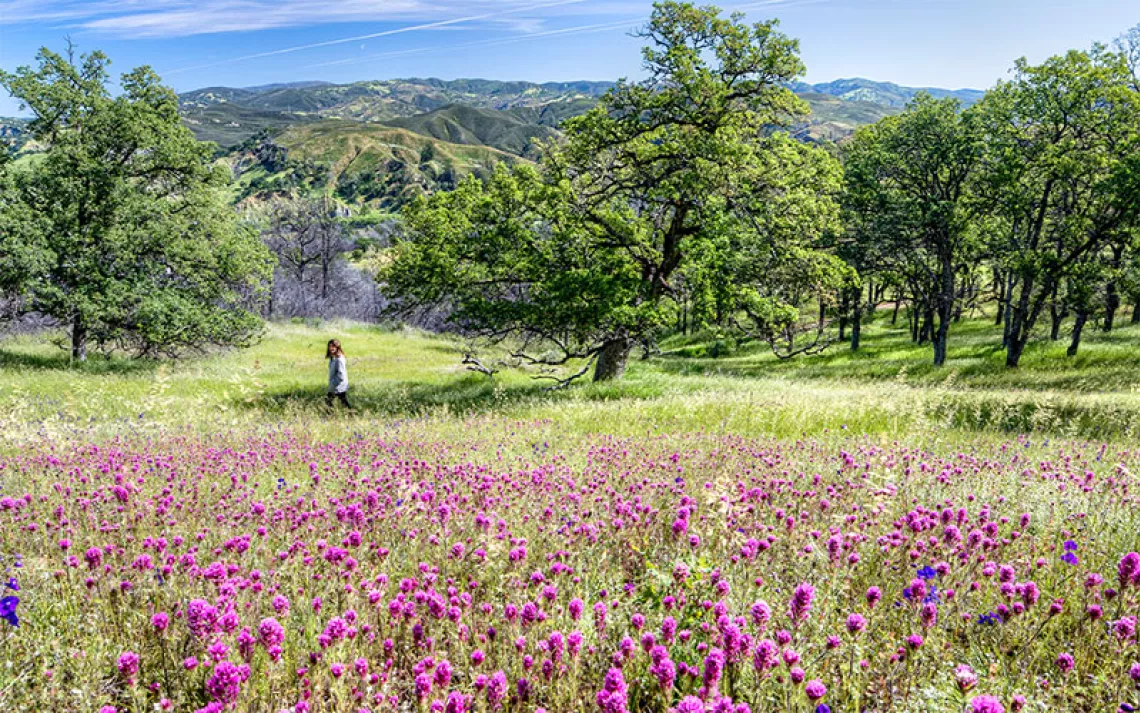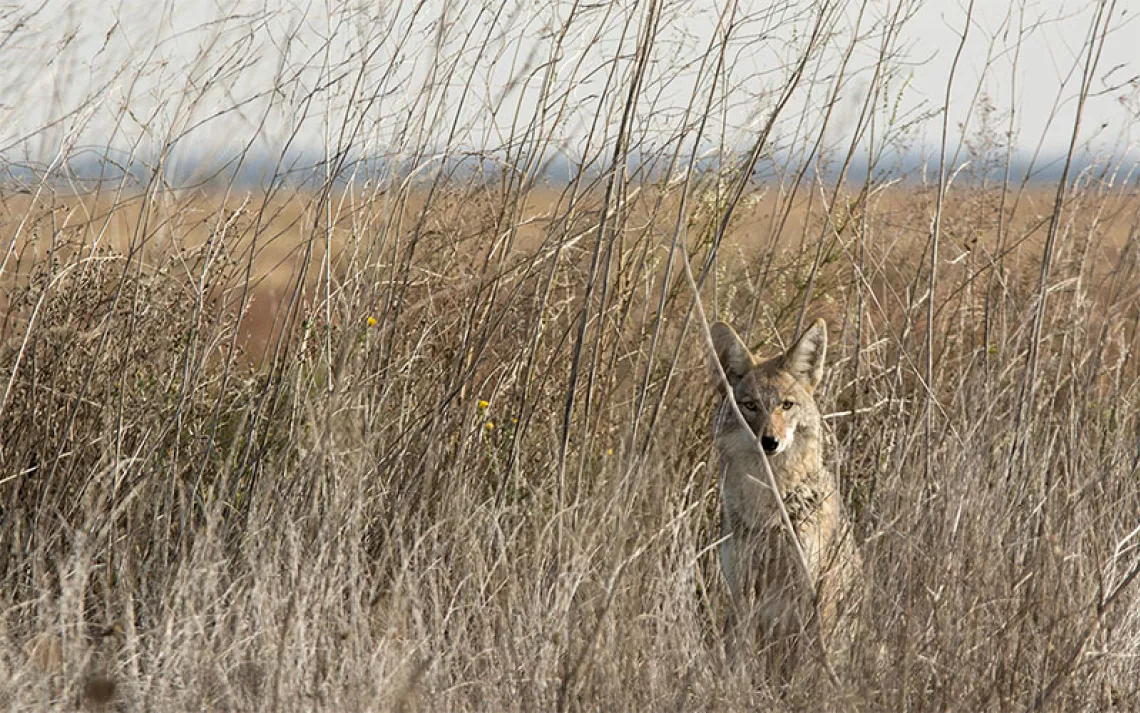Gibson Guitar Investigated for Using Illegally Logged Wood
Gibson became the unexpected American face of illegal logging after federal agents seized imported wood from its manufacturing facilities in Tennessee

Last October, dueling demonstrations thousands of miles apart improbably focused on Gibson Guitar Corporation, which manufactures the high-end instruments favored by stars ranging from B.B. King to Slash. In Nashville, 500 Tea Party supporters attended a "We Stand With Gibson" rally, while deep in the forests of Madagascar, 10,000 people gathered for a concert to draw attention to the illegal logging that is devastating Masoala National Park and its unique wildlife--and that may be providing rare raw materials to the United States' iconic guitar maker.
Gibson became the unexpected American face of illegal logging after federal agents seized imported wood from its manufacturing facilities in Tennessee. The Justice Department suspected that Gibson had smuggled rare rosewood and ebony from Madagascar and India into the United States in violation of the Lacey Act, which prohibits the import of illegally logged wood and paper.
Given the rampant illegal logging on Madagascar, guitar maker Martin pulled back from the country. But Gibson CEO Henry Juszkiewicz hit the conservative broadcast circuit, appearing with right-wing pundits Glenn Beck, Lou Dobbs, and Sean Hannity to complain about "government overreach." That was music to the ears of Speaker of the House John Boehner, who cited the raids as examples of "excessive regulation" and invited Juszkiewicz to sit in his box during President Barack Obama's jobs speech last September.
Boehner's celebration of a CEO under federal investigation quickly caused a backlash--and not just from environmentalists. Both the U.S. forest-products industry and unions representing timber workers have long supported the Lacey Act and other measures to crack down on illegal logging. Simply put, they don't want to compete with illegal overseas operations that log in national parks, don't pay taxes, and sometimes even employ slave and child labor.
"There should not be any illegal logging, whether for guitars or anything else," Malagasy concert organizer and guitarist Razia Said told the Associated Press. "These things are being sold for a lot of money and the people here are not getting much out of it." Meanwhile, Gibson has demanded the return of the seized wood.
 The Magazine of The Sierra Club
The Magazine of The Sierra Club





